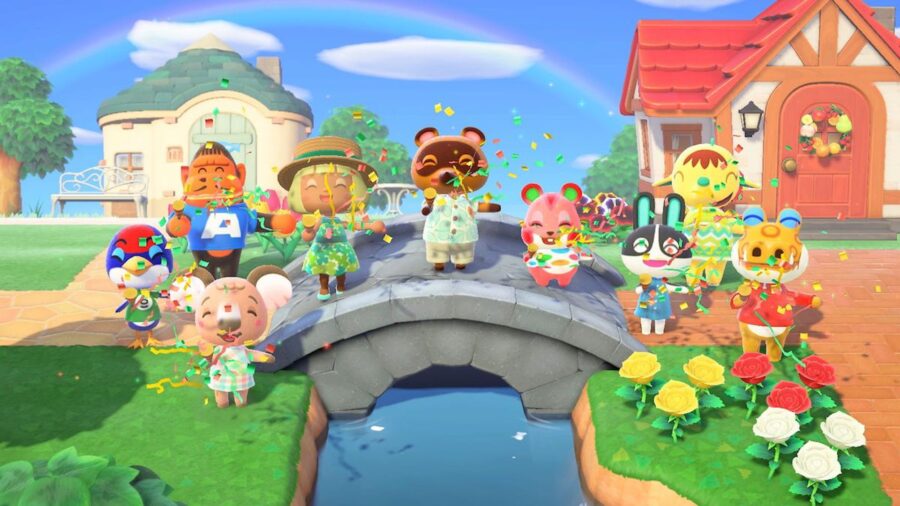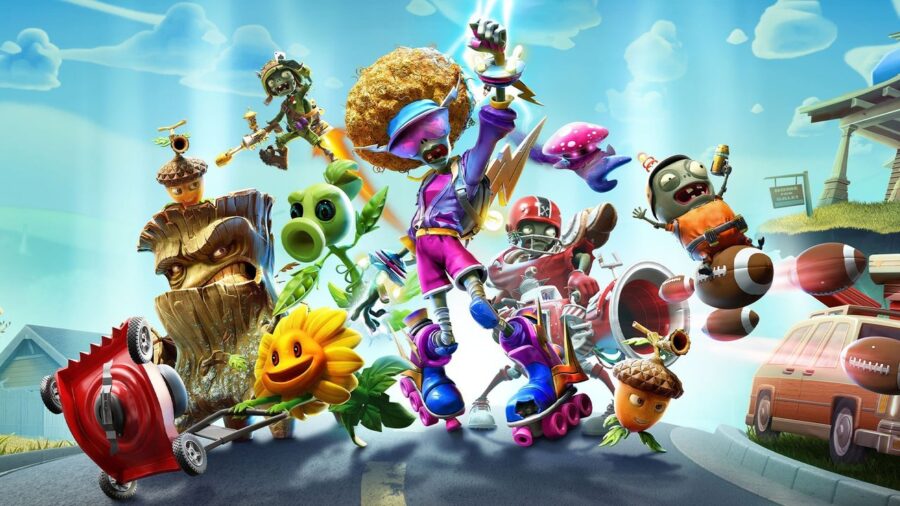How Video Games Can Help Your Mental Health
A new study has shown that video games might actually help mental health, and can increase well-being and happiness with individuals.
This article is more than 2 years old

When video games are covered in the news, it’s usually with a sense of alarm about people who don’t leave their house enough, or how it affects children. Now that so many of us are staying home to protect others during the pandemic, the World Health Organization is concerned about our mental health. Isolating from others, and hearing about terrible news every day is leading to very high numbers of people suffering from mental health disorders. One of the ways to help counteract this issue is apparently with video games, as Oxford University recently performed a study using real-time data for gameplay and found positive results.
Newsy recently spoke to Dr. Rachel Kowert, the Research Director of a non-profit group dedicated to examining mental health and our relationship to video games. Her organization, Take This, is approaching her research from a different angle. She said, “I think it’s best when we have these discussions about games to come from a space of curiosity, and come from a space of looking at them as just one of the tools in our toolbox, and not this horrible thing that’s ruining the children.”
She also discussed the connection between video games and self-determination theory, which focuses on our basic psychological needs. This includes the need to feel competition, autonomous, and to feel related to other people. While every video game isn’t designed in a way that will meet any or all of these needs, many games can. When they do, playing games can help increase our sense of overall well-being and happiness.

It’s worth noting that more study on our relationship between video games and mental health is needed. We don’t know enough for there to be a guidebook on how to use games to improve our lives. In fact, addiction to gaming can be a serious problem. , and the World Health Organization is even looking into this issue. But when we play the right games and have a healthy relationship with them, they can greatly improve our mental health. In fact, counselors are looking into ways to gamify counseling. Many have found tools like Habitica to be useful in gamifying their daily lives.
A recent study done by Oxford University supports these claims. One of the Oxford team of researchers. Andrew Przybylski, said they found that video game companies themselves had very little real, hard data when it came to gameplay. Previous research done on how gaming affects mental health has used self-reported questionnaires to reveal how much time someone spends playing. It’s easy to say “five more minutes”, mean it, and find that you’ve somehow played for two hours. Self-reporting how much time you spent playing a video game isn’t the most effective way to provide such information.
The Oxford team used real data from people’s devices, combined with questionnaires on overall happiness and how people were feeling. They studied players of the games Plants vs. Zombies: Battle for Neighborville and Animal Crossing: New Horizons. They found that people who played more had a greater sense of well-being.

When talking to The Guardian about the study, Andrew Przybylski noted that he was sure that with further study, they’d discover more about how gaming could also potentially harm mental health. This study only focused on two games of a laidback nature. Results from role-playing games or more violent video games could be very different. Until they have more research and better guidelines, it’s up to us to monitor our reactions, talk with mental health professionals, and continue making the most thoughtful decisions about our mental health as we can.












